
French corporate nationalism comes to fore with Carrefour veto
Ben Hall | 10 février 2021
French economic nationalism is as old as mimolette cheese. The hard cows-milk variety was invented at the behest of Jean-Baptiste Colbert, finance minister under Louis XIV, in the late 17th century to rival Edam sold by the enemy Dutch. So it is easy to shrug off the French government’s recent decision to block the takeover of France’s largest supermarket by a Canadian retailer as true to a long tradition.
But this latest colbertiste intervention on the grounds of “food security” was remarkable nonetheless. Rather than demonstrate the state’s resolve to protect France’s economic sovereignty, it may just show up the hollowness of the promise. The veto against Couche-Tard’s €16.2bn offer for Carrefour was an avowedly political act. Barely two days after details of the talks emerged, they were killed off by Bruno Le Maire.
The French finance minister issued a “courteous but clear and definitive No” at a cursory meeting with Alain Bouchard, Couche-Tard’s Québécois boss, who had flown to Paris overnight. The minister had the formal powers to block the merger under France’s foreign takeover rules — the food industry is categorised as strategically important — but he did not need to use them.
The deal was dead. There was no serious attempt to assess the Canadian group’s €3bn investment plan for Carrefour, the hypermarket pioneer. The French would not understand if the aisles were empty of rice or pasta, Le Maire said, without explaining why this would be any more likely under Canadian as opposed to its current owners. The government feared a backlash had it allowed Carrefour, the country’s largest private sector employer with 100,000 staff and a big purchaser of French agricultural products, to fall into foreign hands.
The coronavirus pandemic has amplified a pervasive sense of insecurity in France and a desire for the country to be more self-sufficient and led by a more protective state, says Emmanuel Combe, professor of economics at SKEMA business school. With a presidential election a little over a year away, the government wanted to send the message that it would defend the French against foreign capitalism. “It is politically right but economically wrong,” Combe says.
The veto was applauded across the political spectrum. President Emmanuel Macron commended his minister for making “the right decision at the right moment”. Macron’s change of tune has amazed his political opponents. The former investment banker made big efforts to court foreign investors, refusing, at considerable cost, to reinstate a wealth tax he scrapped when he took office. As a presidential adviser, then economy minister and now head of state, Macron supported the sale of French companies to foreigners, such as Alstom’s power business to GE. He wanted to privatise Aéroports de Paris.
Le Maire’s supermarket veto gives the illusion of sovereignty. Had Couche-Tard been an EU company, the government would have had no grounds to intervene. Combe points out that France’s competition authority, of which he is vice-chairman, recently cleared the purchase by Aldi of Germany of several hundred stores owned by a French low-cost rival. There was barely a political ripple.
The ministerial veto does not make an industrial policy. France’s shortcomings have been laid bare recently by the failure of its scientific-industrial base to produce timely Covid-19 vaccines or to provide its own manufacturing facilities to ensure adequate supplies of those purchased through the EU. France’s prestigious Institut Pasteur abandoned its project while Sanofi’s has been delayed. Valneva, a Franco-Austrian biotech, will make its vaccine in Scotland. Having blocked a friendly foreign takeover, Le Maire is now objecting to an unfriendly domestic one.
The French government would have supported an amicable tie up between Veolia and Suez to create a national champion in waste and water. But with Veolia’s bid turning hostile, it is no longer to its taste. “French capitalism cannot be a war of all against all,” he says. He has called for the market regulator to intervene. During the financial crisis, then president Nicolas Sarkozy set out to “moralise” capitalism.
His successors want to politicise it. In a recently published book, Le Maire says with the pandemic “politics should reclaim the economy”. Exactly what that means in practice remains a mystery. But if it deters foreign capital, expertise and technology it will prove costly.
Lisez l’article sur ft.com

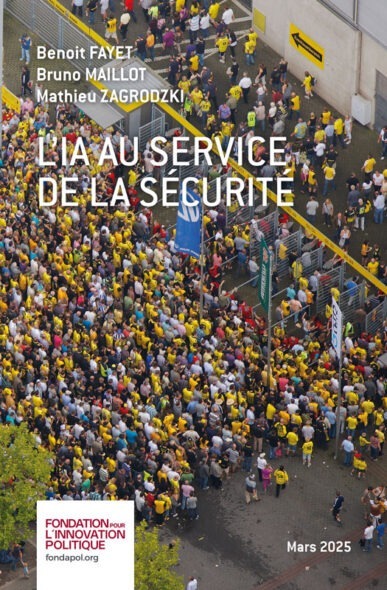
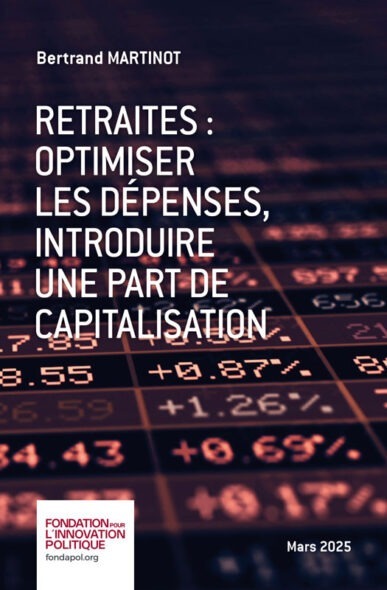
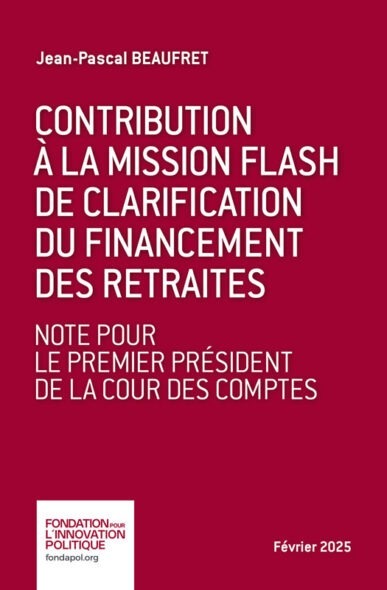
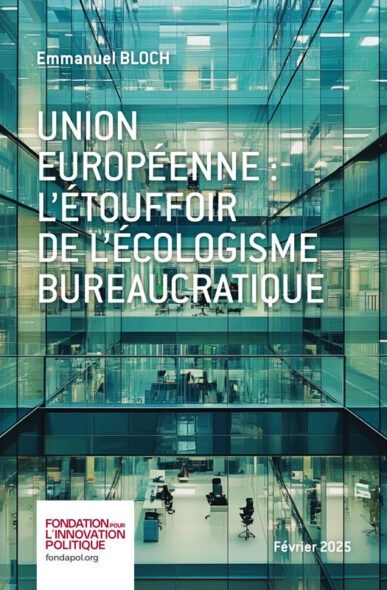
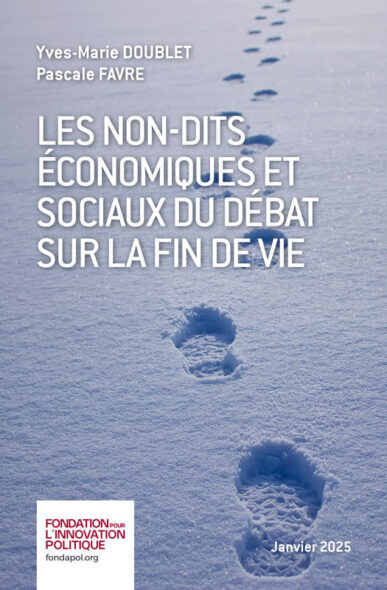

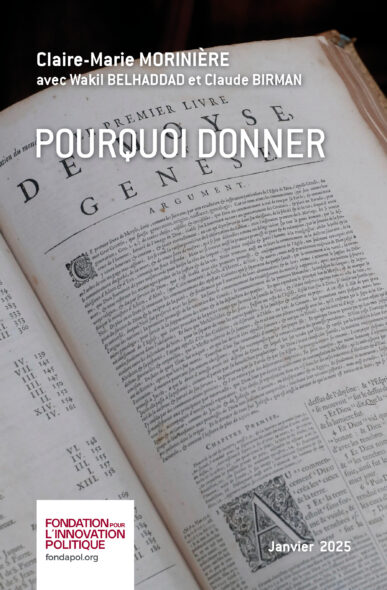



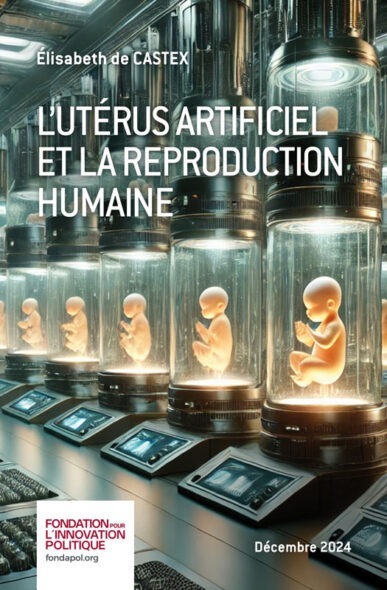
Aucun commentaire.